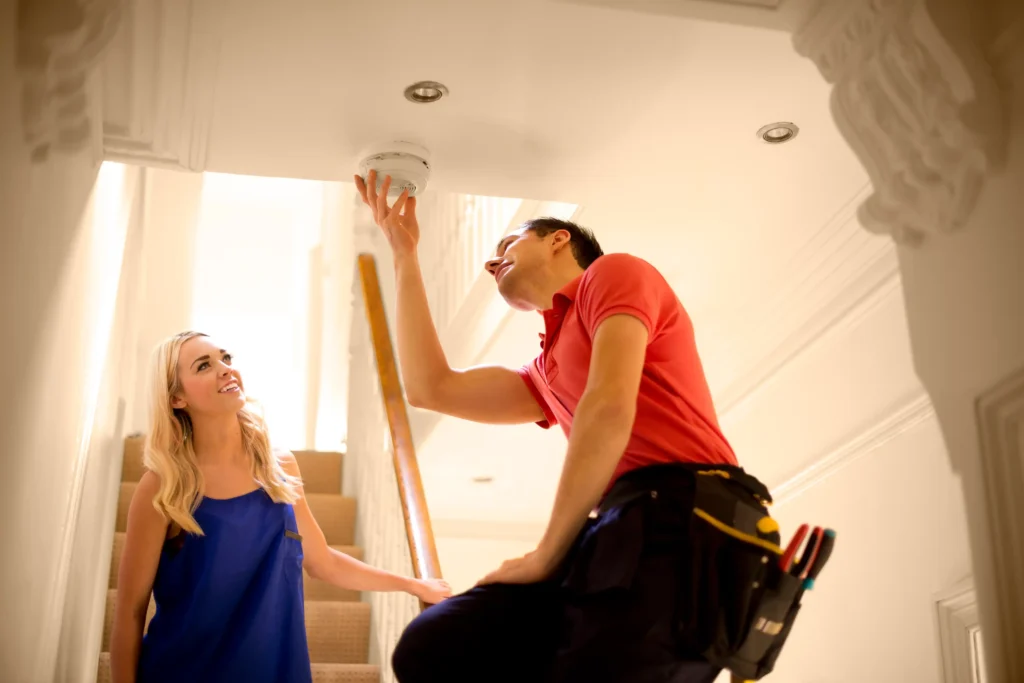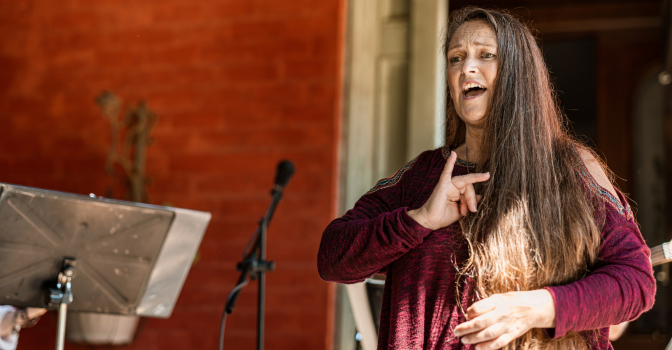
Smoke alarms for people who are deaf or hard of hearing.
Smoke alarms save lives. But if you’re deaf or hard of hearing, a standard smoke alarm may not be enough to keep you safe in the event of a fire. This guide explains what kinds of smoke alarms and alert systems the NDIS may fund and what other options may be available through state support schemes. Why smoke alarms matter. Smoke alarms detect smoke and give an early warning to help people escape safely. Most use a loud, high-pitched sound. In Australia, each state and territory has rules about smoke alarm types and how many are required in homes, including rentals and public housing. Most states now require: Photoelectric smoke detectors, which use a light beam to detect smoke Mains-powered, interconnected alarms that all go off at once. (Some states are still phasing this in so check with your local fire authority what’s required in your area.) Smoke alarm options for people who are deaf or hard of hearing. A working smoke alarm is your first line of defence. Fires can spread quickly, sometimes filling a room in just two or three minutes. If you’re deaf or hard of hearing, you may need a smoke alarm with: A high-intensity strobe
